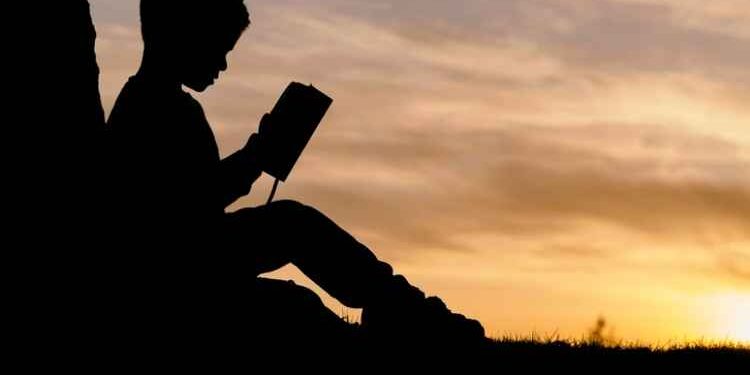Children and youngsters are integral to the social fabric in every nation. Nurturing them and securing their future should be the top priority for administrative authorities.
Unfortunately, bureaucratic power play and vested political interests often sideline the best interests of children and adolescents. The end result is an entire generation of individuals who grow up amidst poverty and neglect, believing the country doesn’t care for them.
That’s the reality for more than 31% of children in Israel who live below the poverty line. Many of them belong to the country’s social and geographic periphery, where survival is a lifelong war.
And it’s this war of survival that puts Israel’s social resilience at risk.
Living in the Fringes: A Closer Look
When someone mentions Israel, it brings to mind vivid images of a thriving startup hub. The country’s socioeconomic center has become the focal point of commercial and entrepreneurial activity.
What most people don’t realize is that there’s a huge chunk of the Israeli population living outside the center.
Life in Israel’s social and geographic periphery is in sharp contrast to that in the bustling center.
Children in the periphery lack access to basic resources, such as school supplies, clean clothes, and shoes. Nor do they have the luxury of a high-speed internet connection or personal computer at home.
The lack of resources combined with extreme financial distress force many of these children to abandon their education and start working at an early age.
An Effort to Bridge the Gap
Eyal Edry, chairman and founder of the Ahinoam Association for the Promotion of Equal Opportunities, finds the pain of a deprived childhood far too relatable.
Born in Safed, he was only 17 when his family ran into financial difficulties. With many mouths to feed, Eyal Edry was left with no choice but to start working.
He had to give up on his dreams of pursuing higher education and getting a respectable degree. After switching a few jobs, Edry enlisted as a paratrooper in the IDF.
But a near-fatal accident changed the trajectory of his life. He earned a degree in psychology and has been successfully running several businesses in Africa with his older brother, Rafi Edry.
Despite these achievements, the anguish of a lost childhood has never left Eyal Edry’s mind. And that’s what compelled him to start the Ahinoam Association with Refael Edry and their younger brother, Moshe Edree.
Building a Brighter Future With Equal Opportunities
Under the leadership of Eyal, Moshe, and Refael, the Ahinoam Association has launched several programs for the upliftment of children and adolescents in Israel’s periphery.
Long-Term Mentoring
The organization identifies and reaches out to at-risk youth to help them find their footing in Israeli society. Volunteers interact with these youngsters to create a personalized work plan based on their skills and goals.
Also, they’re provided with proper resources to build social skills and prepare for integration into the job market. The mentoring program starts at high school and continues all the way beyond graduation.
Financial Help
Refael, Eyal, and Moshe understand that a lack of financial resources is one of the major reasons children are forced to give up on their education. That’s why the Ahinoam Association has launched a scholarship program for children from low-income households.
Assisting the Ethiopian Community
Apart from helping the Israeli youth, the organization also works with young individuals from Ethiopia. Several initiatives have been put in place to facilitate their integration into Israeli society. Also, there’s a special program that prepares them for admission in the IDF.
Development of the Periphery
The Ahinoam Association has actively invested effort and resources for the development of proper infrastructure in the periphery. That includes renovating welfare institutions, improving access to quality education, and establishing crucial resources, such as libraries.
COVID-19 Fundraising Campaign
As educational institutions made a hasty switch to e-learning, nearly 400,000 students in Israel were left in the dark. They didn’t own a computer or smartphone, and therefore, didn’t have the privilege of attending online classes.
Moshe Edree and his older brothers stepped in with a fundraising campaign to help these children continue their education.
The initiative helped provide computers to thousands of children from low-income families who would’ve had to discontinue their education otherwise.
The War Isn’t Over
While the Edry brothers continue their initiatives for uplifting the youth, the future will bring many unprecedented challenges.
Poverty rates in Israel have risen due to the pandemic-driven economic downturn. Consequently, more than 1 million households (nearly 40%) in Israel are dealing with some form of economic distress.
Eyal Edry believes that the only way forward is for the government to provide non-profit organizations with power and funding to implement welfare programs for children and the youth. Otherwise, it’s only a matter of time before the country’s biggest asset turns into a major threat to its social resilience.
